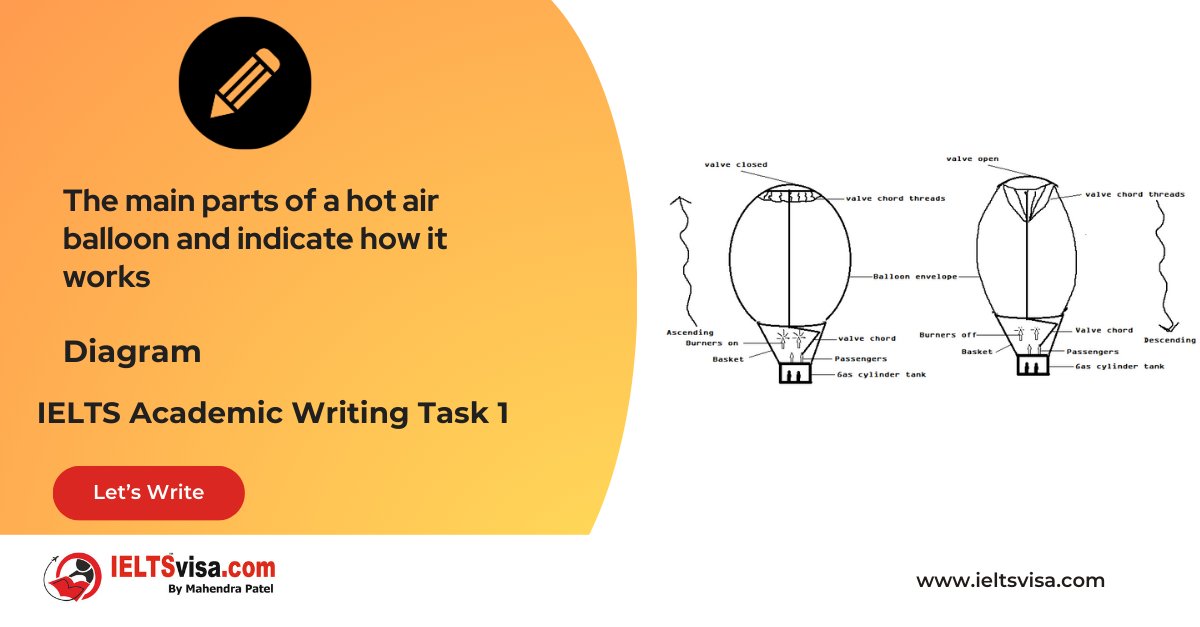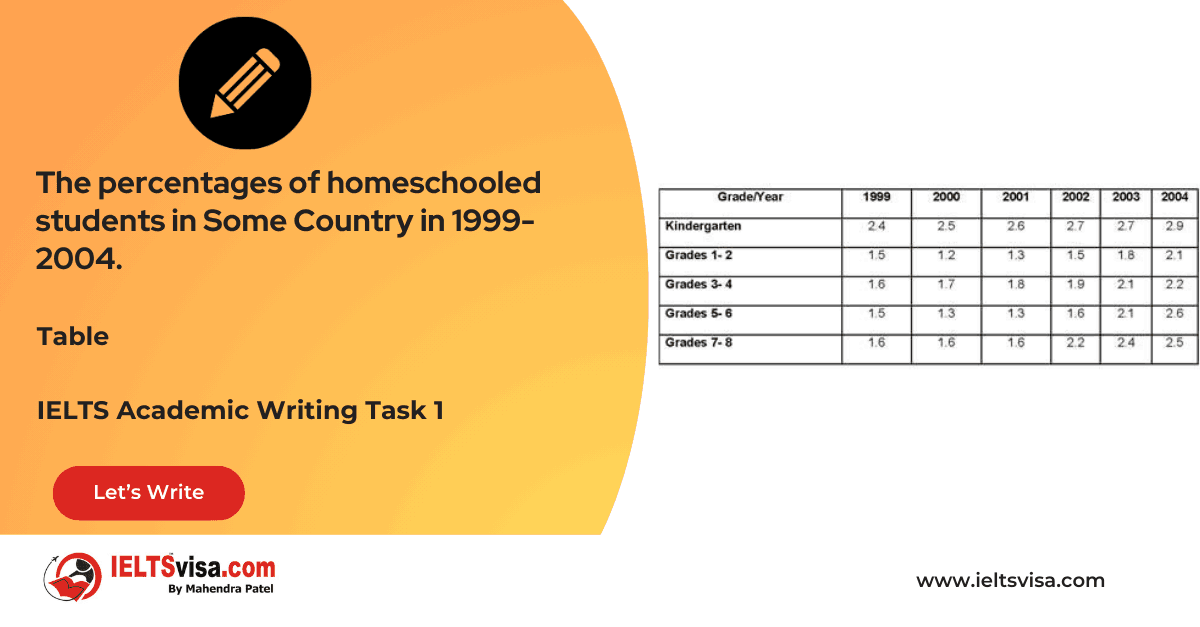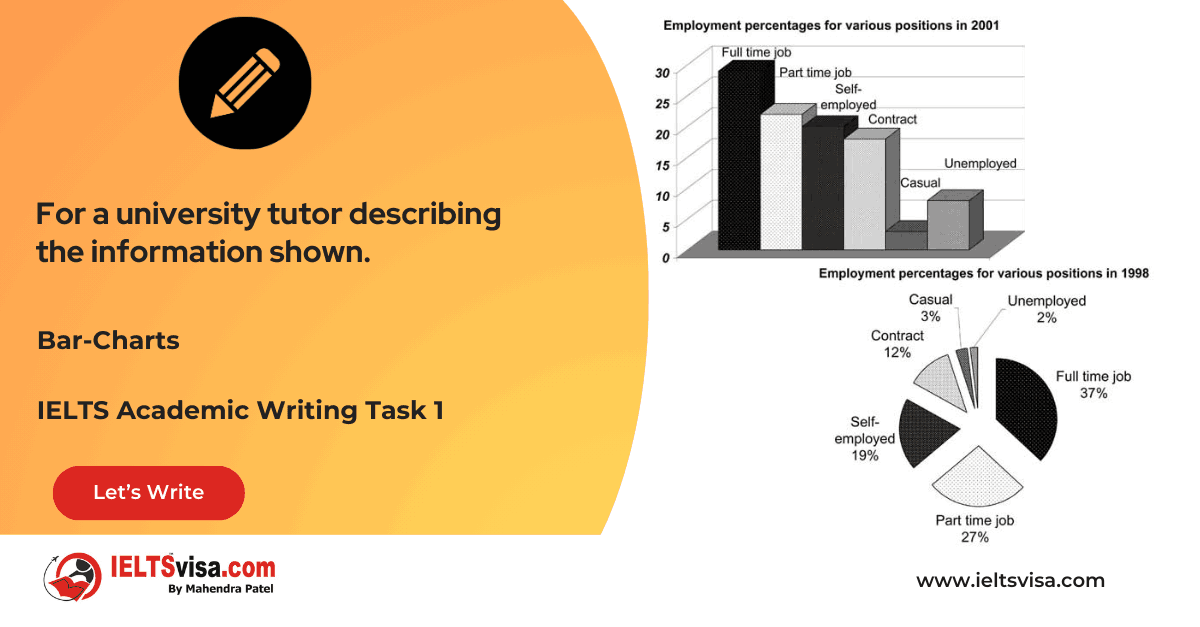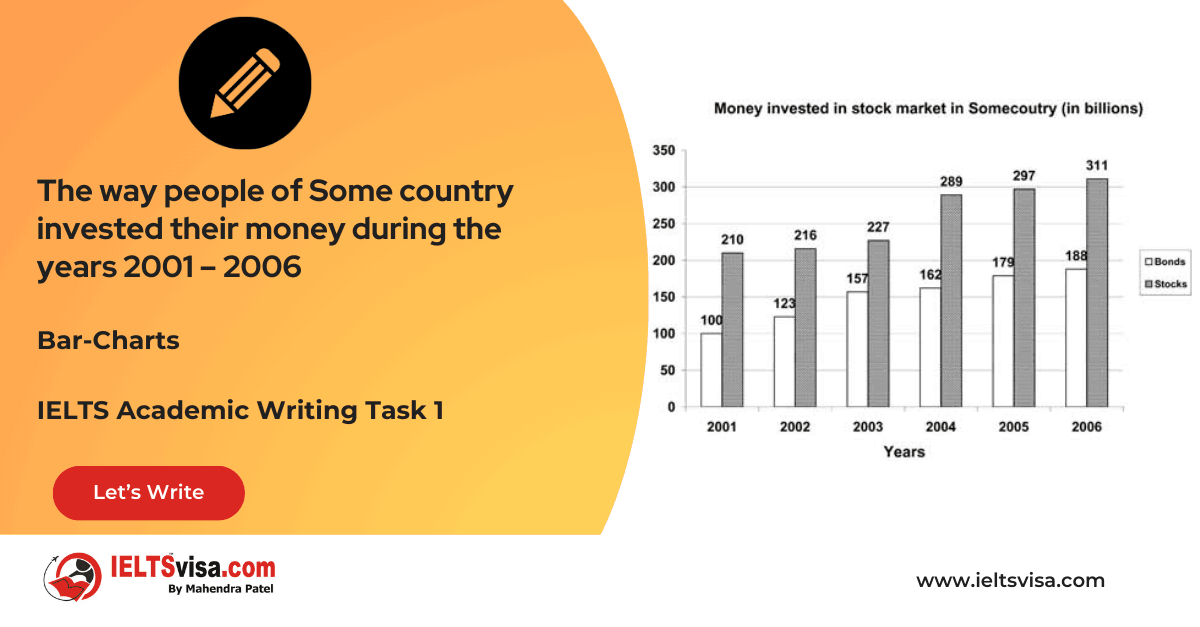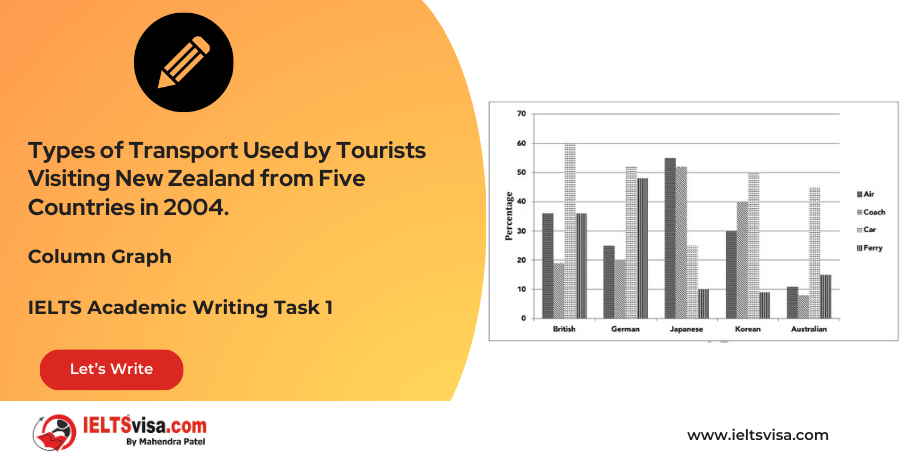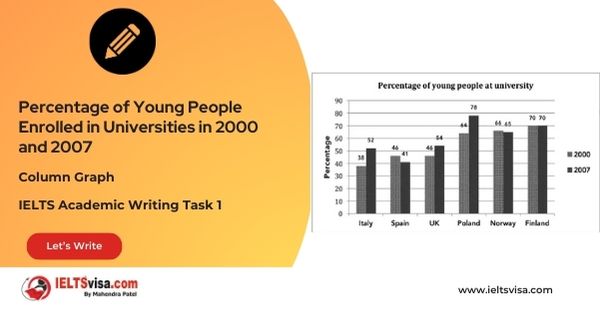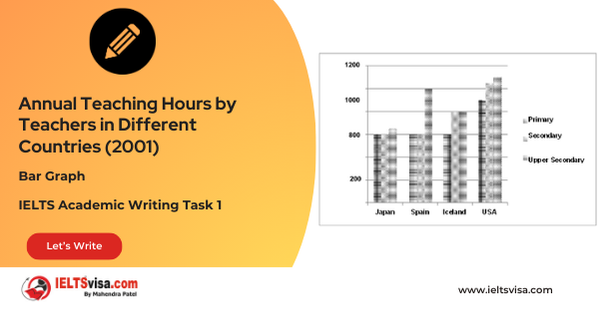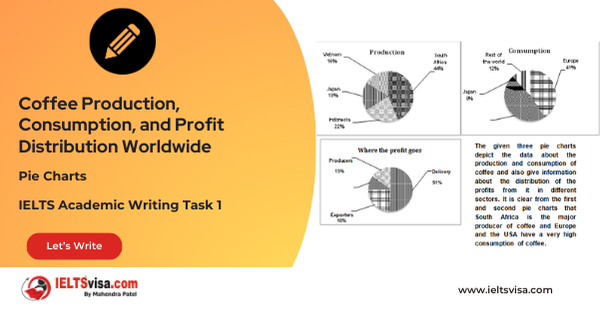Improving your writing style and skills
MapsIELTS Academic Writing Task 1

IELTS Academic Writing Task 1 – Maps requires candidates to describe and analyze visual information, specifically maps. Apart from accurately conveying the information, it is essential to focus on improving your writing style and skills. A well-developed writing style enhances clarity, coherence, and overall effectiveness. In this lesson, we will explore approaches to improve your writing style and skills in IELTS Academic Writing Task 1 – Maps, providing examples and answers to help you excel in this task.
1. Use Clear and Concise Language:
In academic writing, clarity is key. Use precise and straightforward language to convey your ideas effectively. Avoid unnecessary jargon, complex sentence structures, and wordiness. Focus on simplicity and clarity to ensure your descriptions are easy to understand.
Example:
Original:
The park experienced a significant surge in the number of visitors, leading to an exponential growth in popularity.
Improved:
The park’s popularity soared due to a substantial increase in visitor numbers.
2. Vary Sentence Structures:
Incorporating a variety of sentence structures adds depth and flow to your writing. It prevents monotony and keeps the reader engaged. Experiment with different sentence types, such as simple, compound, and complex sentences. This variation improves the overall rhythm and readability of your response.
Example:
Original:
The school has a large playground. It also has a library and a computer lab.
Improved:
The school boasts a spacious playground, in addition to housing a well-equipped library and a state-of-the-art computer lab.
3. Use Appropriate Verb Tenses:
Pay attention to verb tenses and use them appropriately to convey the timeline of events or changes. If the maps depict changes over time, ensure that you accurately describe when specific developments occurred. Use past tenses to discuss previous states and present tenses for current or permanent features.
Example:
Original:
The city expands its transportation network in recent years.
Improved:
In recent years, the city has expanded its transportation network.
4. Utilize Comparatives and Superlatives:
Comparatives and superlatives add depth to your descriptions by highlighting degrees of change or differences between elements. Incorporate comparative adjectives and adverbs to emphasize size, quantity, or intensity variations.
Example:
Original:
The number of students increased.
Improved:
The number of students significantly increased.
5. Proofread and Edit:
Take time to proofread and edit your response before submitting it. Check for grammatical errors, spelling mistakes, and clarity issues. Pay attention to punctuation, capitalization, and sentence structure. Edit for coherence, ensuring that your ideas flow logically and smoothly.
Example: Original: The city has many new buildings, roads, parks, and a stadium.
Improved: The city has witnessed the construction of numerous buildings, the expansion of road networks, the creation of parks, and the establishment of a stadium.
Improving your writing style and skills in IELTS Academic Writing Task 1 – Maps is crucial for achieving a high score. Focus on using clear and concise language, varying sentence structures, using appropriate verb tenses, incorporating comparatives and superlatives, and thoroughly proofreading and editing your response. With practice and attention to detail, you can enhance the overall quality of your writing, effectively conveying information and impressing the examiners.
Implementing these strategies can improve your writing style and skills in Academic Writing.
Remember to practice regularly, seek feedback, and analyze sample answers to enhance your abilities further.




Our Books
Master IELTS Speaking Part 1
IELTS Writing Task 1 Book
IELTS Writing Task 2 Book
Practice IELTS Other Modules
IELTS Listening
The IELTS Listening test assesses how well you can understand spoken English in various contexts. It lasts about 30 minutes and is divided into four sections with a total of 40 questions. The listening tasks become increasingly difficult as the test progresses.
IELTS Academic Reading
The IELTS Academic Reading section assesses your ability to understand and interpret a variety of texts in academic settings. It is designed to evaluate a range of reading skills, including skimming for gist, reading for main ideas, reading for detail, understanding inferences, and recognizing a writer's opinions and arguments.
IELTS Speaking
The IELTS Speaking test assesses your ability to communicate in English on everyday topics. It lasts 11-14 minutes and consists of three parts: introduction, cue card, and a discussion based on the cue card topic.
IELTS General Reading
IELTS General Reading tests your ability to understand and interpret various types of texts. Here are some key areas and types of content you can expect to encounter in the reading section, along with tips for effective preparation.
IELTS Academic Writing Task 1
In IELTS Academic Writing Task 1, you are presented with a visual representation of information, such as graphs, charts, tables, or diagrams, and you are required to summarize, compare, or explain the data in your own words.
IELTS General Writing Task 1
In IELTS General Writing Task 1, you are required to write a letter based on a given situation. The letter can be formal, semi-formal, or informal, depending on the prompt. Here’s a breakdown of the key components to include in your letter
IELTS Academic Writing Task 2
In IELTS Academic Writing Task 2, you are required to write an essay in response to a question or topic. Here’s a guide to help you understand the essential elements of this task
IELTS Exam Tips
To succeed in the IELTS exam, practice regularly, familiarize yourself with the test format, improve your vocabulary, develop time management skills, and take mock tests to build confidence.
Grammer for IELTS
Grammar is the foundation of effective communication in English. Understanding tense usage, subject-verb agreement, and sentence structure enhances clarity and coherence in writing and speaking.
Vocabulary for IELTS
Vocabulary plays a crucial role in the IELTS (International English Language Testing System) exam, especially in the Speaking and Writing sections. Here’s an overview of why vocabulary is important and how it impacts your performance
RECENT IELTS SAMPLES QUESTIONS AND ANSWERS
Task 1 – Diagram – A conference hall built in 1981 and planned for 2020
20:00 Start Pause Stop [df_adh_heading title_infix="IELTS Writing Task 1 Question" use_divider="on"...
Task 1 – Table – The percentages of homeschooled students in Some Country in 1999-2004.
20:00 Start Pause Stop [df_adh_heading title_infix="IELTS Writing Task 1 Question" use_divider="on"...
Task 1 – Table – For a university tutor describing the information shown.
20:00 Start Pause Stop [df_adh_heading title_infix="IELTS Writing Task 1 Question" use_divider="on"...
Task 1 – Bar-Charts – The way people of Some country invested their money during the years 2001 – 2006
20:00 Start Pause Stop [df_adh_heading title_infix="IELTS Writing Task 1 Question" use_divider="on"...
Task 1 – Diagram – Rainwater Harvesting and Conversion to Drinking Water in an Australian Town.
20:00 Start Pause Stop [df_adh_heading title_infix="IELTS Writing Task 1 Question" use_divider="on"...
Task 1 – Column graph – Percentage of Young People Enrolled in Universities in 2000 and 2007.
20:00 Start Pause Stop [df_adh_heading title_infix="IELTS Writing Task 1 Question" use_divider="on"...
Task 1 – Bar Graph – Annual Teaching Hours by Teachers in Different Countries (2001)
20:00 Start Pause Stop [df_adh_heading title_infix="IELTS Writing Task 1 Question" use_divider="on"...
Task 1 – Pie Charts – Coffee Production, Consumption, and Profit Distribution Worldwide
20:00 Start Pause Stop [df_adh_heading title_infix="IELTS Writing Task 1 Question" use_divider="on"...
Task 1 – Column graph – Types of Transport Used by Tourists Visiting New Zealand from Five Countries in 2004.
20:00 Start Pause Stop [df_adh_heading title_infix="IELTS Writing Task 1 Question" use_divider="on"...

